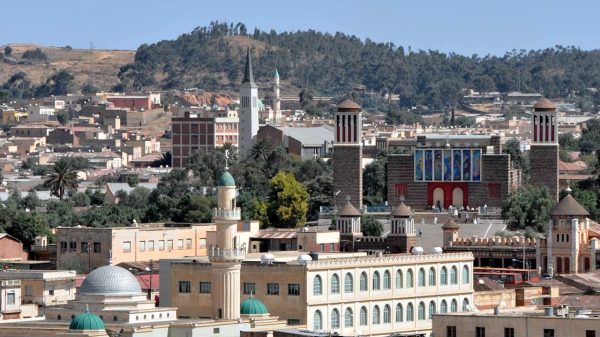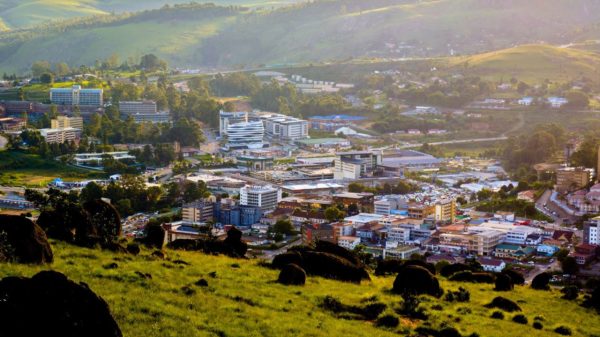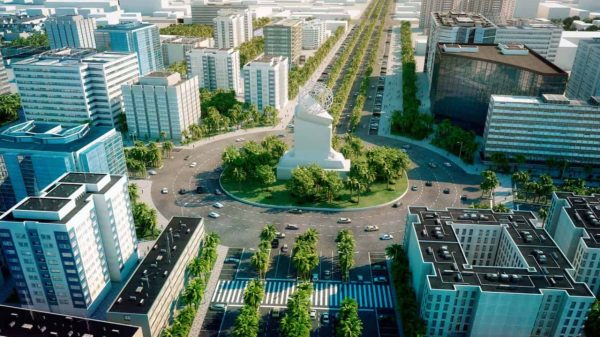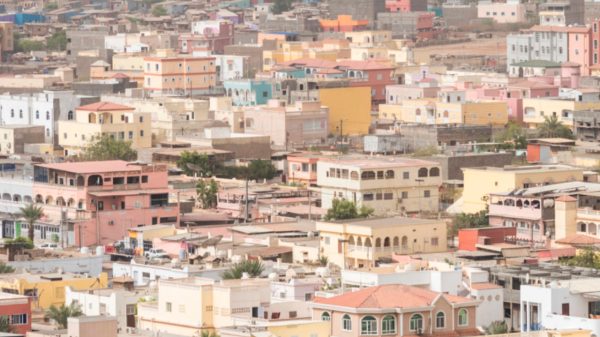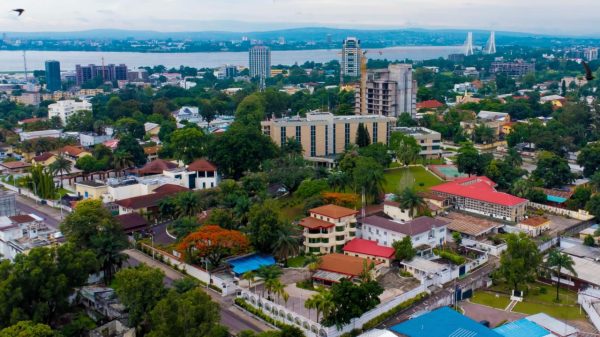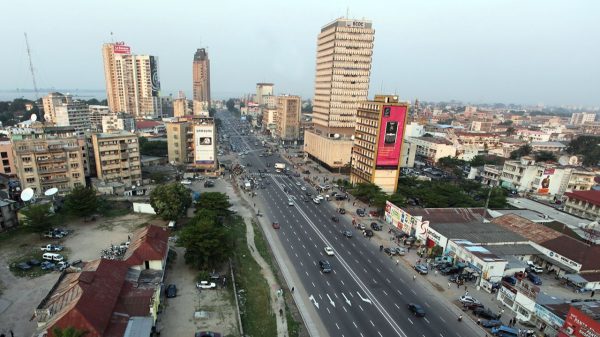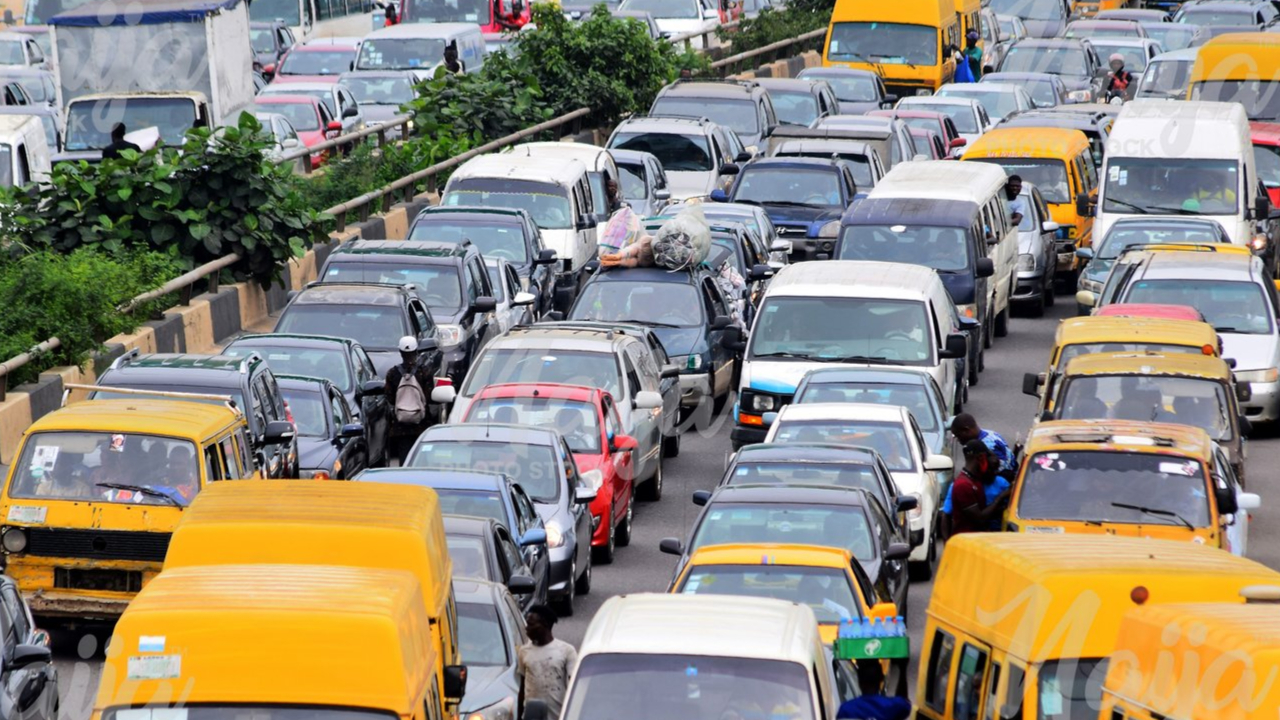Navigating Lagos’s notorious traffic demands more than just patience—it requires strategic planning and informed decision-making.
Lagos, the pulsating heart of Nigeria, is renowned for its vibrant energy, yet daily commuters often find that this liveliness is overshadowed by relentless gridlock and long hours spent at a standstill. The frustration of constant traffic congestion is a well-known part of the Lagos experience, but with the right knowledge, tools, and mindset, you can transform your daily commute into a manageable, even efficient, routine.
This comprehensive guide combines expert insights and practical tips to help you navigate Lagos traffic like a true professional. Each strategy outlined below is designed to provide actionable advice for every situation you might face on the road, including the critical advice to avoid driving in the oncoming lane at all costs. By following these strategies, you’ll be well-equipped to conquer the chaos of Lagos traffic, ensuring that you move through the city with confidence, efficiency, and a significantly reduced level of stress.
1. Plan Ahead
Before you even set foot on the road, invest time in preparing for your journey. In Lagos, where congestion can turn a short trip into an hours-long ordeal, having real-time traffic information at your fingertips is essential. Use trusted navigation apps like Google Maps and Waze to check the latest road conditions, spot incidents, and review alternative routes before departing. Doing so not only helps you avoid known bottlenecks but also enables you to anticipate delays and adjust your departure time. With detailed route planning, you can confidently choose the safest and quickest paths, thereby minimizing stress and saving valuable time. Moreover, considering weather forecasts and any planned road works or events in your travel area can further streamline your journey.
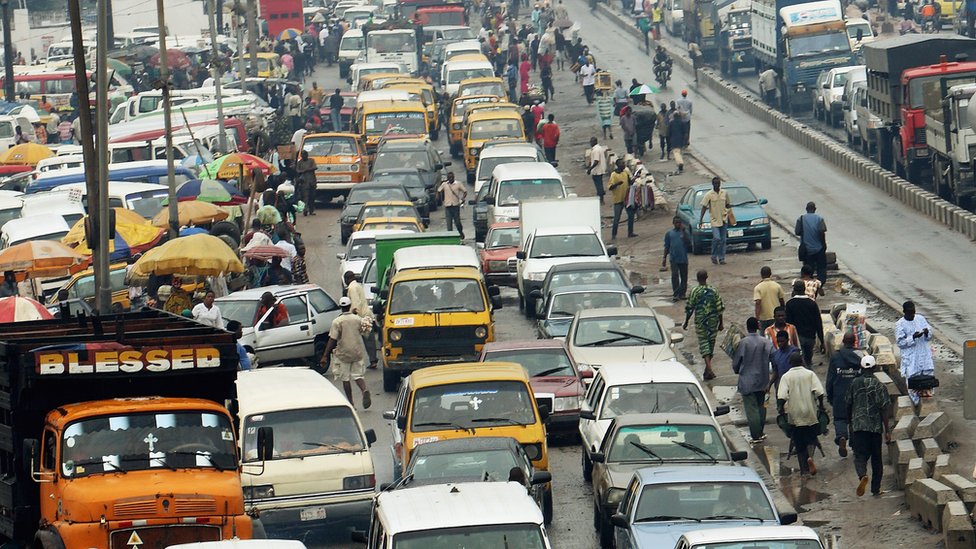
2. Utilize Traffic Updates
Staying continuously informed about Lagos’s dynamic traffic conditions can transform your commuting experience. Local radio stations such as Lagos Traffic Radio (96.1 FM) offer real-time updates, while various apps provide crowd-sourced reports on accidents, police presence, and unexpected road closures. Platforms like GidiTraffic on Twitter and other community-based apps allow drivers to share firsthand reports, giving you a more localized perspective on what to expect along your route. With these updates, you can make informed decisions on the fly—choosing detours when necessary or holding off on a trip until conditions improve. The synergy of digital tools and community insights ensures that you’re never caught off-guard by sudden congestion, ultimately leading to a smoother, more efficient commute.
3. Avoid Rush Hours
Timing is a critical factor in navigating Lagos traffic. The city experiences peak congestion typically between 6:30 AM and 10:00 AM in the morning, and again from 4:30 PM to 8:00 PM in the evening, due to commuters finding their way to and from work. By scheduling your travel outside these high-demand windows, you can often bypass the worst of the gridlock. If you have a flexible schedule, consider starting your day early or adjusting your work hours to avoid the mass influx of vehicles. Even during unavoidable rush hours, leaving a bit earlier can help you get ahead of the traffic wave. Outside of these peak times, roads tend to be clearer, allowing for a less stressful journey and reducing the overall time spent in transit.
4. Use Public Transportation & Alternative Transport Modes
Lagos offers a wealth of transportation alternatives designed to help you sidestep the frustrations of personal vehicle traffic. Public transport options such as the Bus Rapid Transit (BRT) system, with its dedicated lanes, provide an efficient means to bypass congested roads, while the expanding rail network—featuring projects like the Red and Blue Lines—promises high-capacity travel that can significantly reduce your commute time. Additionally, ferries and water taxis serve as excellent alternatives, particularly for journeys between Lagos Island and the Mainland, by utilizing waterways that remain free from road congestion. Beyond these conventional modes, exploring alternative transport options can further enhance your travel experience. When traditional road routes become overwhelming, consider tapping into options like ride-sharing services, Keke Napep, or even Okada for short distances to weave through busy intersections and narrow lanes with ease. Local drivers often discover that lesser-known inner-city roads provide swift detours around major traffic hubs, making your journey not only more relaxed but also significantly more efficient. By combining these varied transportation modes, you reduce your carbon footprint, alleviate the unpredictability of heavy traffic, and transform your daily commute into a smoother, stress-free experience.
5. Stay Informed via Social Media
In today’s digital age, social media has become a vital resource for real-time traffic updates and commuter tips. Platforms such as Twitter and Facebook host active communities—like GidiTraffic—that relay live information about accidents, road hazards, and sudden congestion spots. By following these channels, you gain access to real-time, crowdsourced data that can help you adjust your route instantaneously. This peer-to-peer communication often captures hyper-local insights that broader navigation apps might miss. Engaging with these communities not only keeps you updated on the current traffic situation but also connects you with fellow commuters who can offer advice on alternative routes and safe driving practices.

6. Maintain Vehicle Safety
Keeping your vehicle in top condition is an often-overlooked yet critical part of managing Lagos traffic. Regular maintenance checks help prevent unexpected breakdowns that can not only disrupt your own journey but also contribute to overall traffic congestion. Routine inspections of essential components such as brakes, tires, and engine health ensure that your car runs smoothly even in stop-and-go traffic conditions. A well-maintained vehicle is also more fuel-efficient, saving you money in the long run. Beyond mechanical upkeep, ensuring that your vehicle complies with all local regulations can save you from legal hassles that might otherwise result from unnoticed infractions or faulty equipment.
7. Avoid One-Way Lane Violations
One of the simplest yet most crucial rules to follow when navigating Lagos traffic is to avoid using one-way roads in the wrong direction—commonly referred to as riding in the oncoming traffic lane. Not only does this practice significantly disrupt the flow of vehicles, creating additional congestion, but it also poses severe safety risks. In many instances, such actions can lead to your vehicle being stopped by law enforcement and even confiscated. Local drivers understand that strict adherence to traffic rules is essential for ensuring both personal safety and the overall efficiency of the road network. Always choose alternative routes or wait until you can legally and safely proceed in the correct lane. By committing to this practice, you demonstrate respect for local laws and contribute to a more orderly driving environment.
Subscribe to our Newsletter
Stay updated with the latest trends in African Pop Culture!











